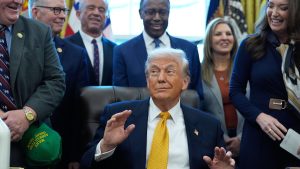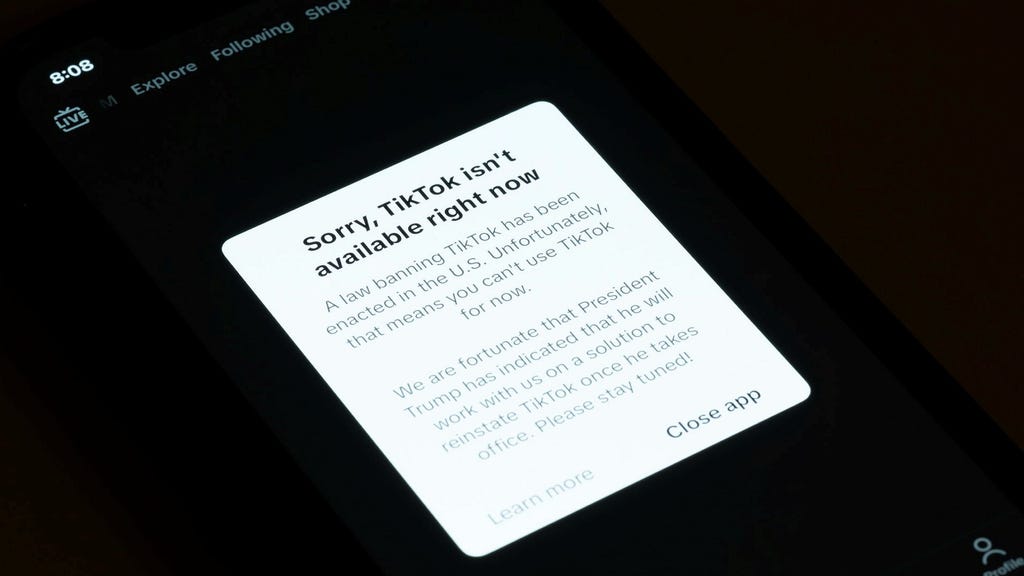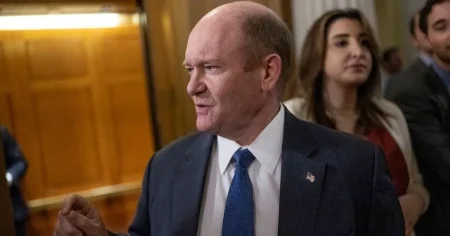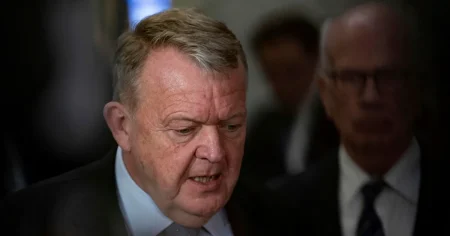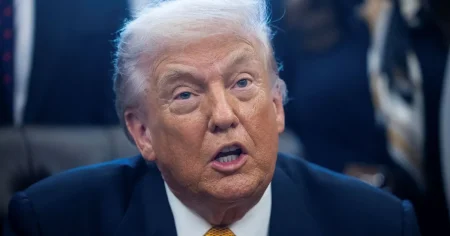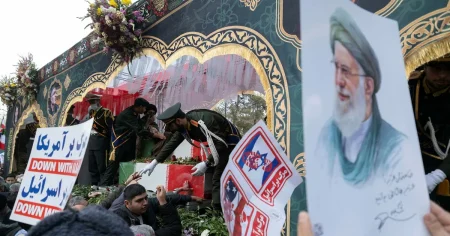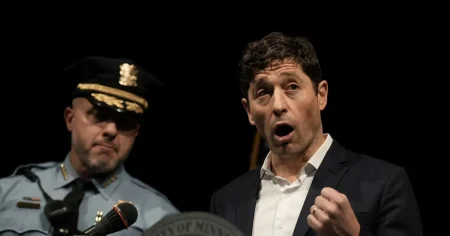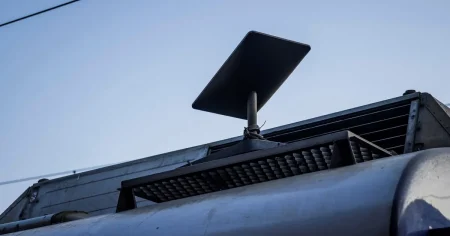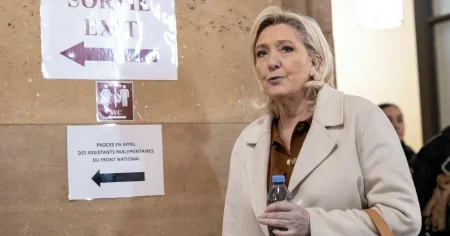TikTok, the popular short-form video platform owned by the China-linked company ByteDance, faced a critical juncture in its US operations over the weekend. Late Saturday night, US users received a message informing them that a law prohibiting TikTok had come into effect, effectively shutting down the app. The message, however, offered a glimmer of hope, stating that President Trump indicated he would work towards a solution to allow TikTok to restart upon taking office. This development followed a week where the Supreme Court upheld a ban on the app, escalating the legal and political battle surrounding TikTok’s presence in the United States.
The ban, enacted by Congress but subsequently challenged by ByteDance, stemmed from concerns over alleged espionage activities and propaganda dissemination on behalf of the Chinese government. These allegations, vehemently denied by ByteDance, fueled a national security debate and led to the legislative action against the platform. The US Justice Department welcomed the Supreme Court’s decision, emphasizing the legislation’s role in protecting American citizens. While the ban took effect, President Trump, in a Saturday interview with NBC, suggested a possible 90-day postponement of the shutdown, hinting at a reprieve for TikTok. He indicated that a decision on the matter would likely be announced on Monday.
Adding to the intrigue surrounding the situation, TikTok CEO Shou Zi Chew planned to attend Trump’s inauguration on Monday, according to reports from Reuters. This move potentially signaled ByteDance’s commitment to navigating the complex political landscape and securing a future for TikTok in the US market. The company faced a looming deadline on Sunday to sell the American branch of the platform to comply with the ban, but had not publicly disclosed any progress on such a sale. Amidst this uncertainty, a potential merger with AI company Perplexity AI emerged, with reports suggesting that Perplexity had approached ByteDance with a proposal for TikTok’s US operations.
The White House maintained that any action regarding TikTok rested with the incoming administration, suggesting that no immediate action was expected from the company before Monday. This stance contrasted with the urgency of the ban and the impending deadline for the sale of TikTok’s US operations. Meanwhile, the Chinese government, through its embassy in Washington, accused the US of abusing state power to suppress TikTok and vowed to protect its interests, adding an international dimension to the already complex situation.
The future of TikTok in the US remained precarious, hanging in the balance between political maneuvering and national security concerns. The company, immensely popular among younger demographics and boasting over 1.5 billion users globally (according to Statista), faced the challenge of separating its US operations from its Chinese ownership while addressing allegations of data security and content concerns. The platform’s potential for misuse and dissemination of misinformation further complicated its position within the US market.
The unfolding events around TikTok underscored the broader tensions between the US and China in the tech sphere, raising questions about data privacy, national security, and the role of government in regulating global tech platforms. The potential for a 90-day extension offered a temporary respite, allowing for negotiations and potential solutions to address the concerns raised by US authorities. However, the long-term viability of TikTok in the US remained uncertain, contingent upon navigating the complex geopolitical landscape and demonstrating a commitment to addressing the concerns raised by US regulators and lawmakers. The platform’s fate served as a high-profile case study in the challenges faced by global tech companies operating in an increasingly fragmented and politically charged world.




